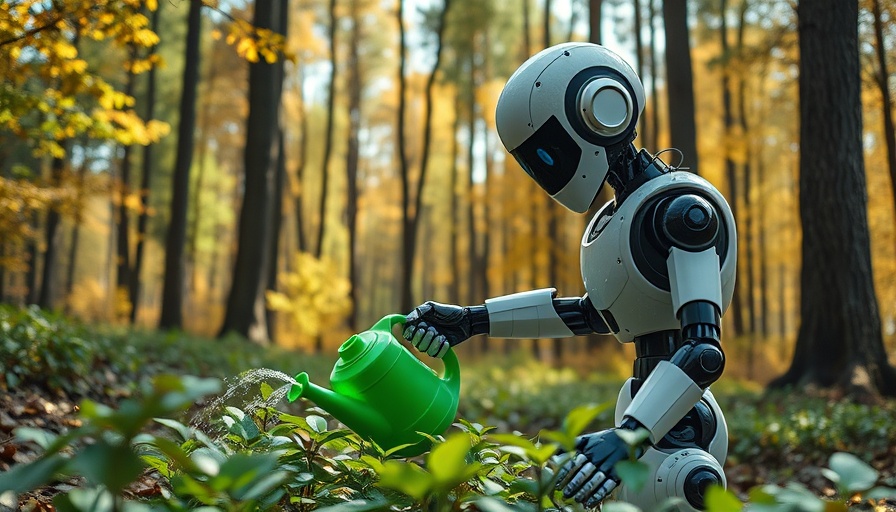
Understanding Our Complex Relationship with Robots
In a world where technologies continually evolve, our understanding of robots often lags behind the rapid advancements. Instead of viewing these machines as tools that enhance our lives, many see them through the lens of science fiction—a distortion that shapes our fears and expectations. Adrian Tchaikovsky, a noted science fiction author, advocates for a re-evaluation of how we perceive robots and artificial intelligence (AI).
History and Evolution of Robotics
To genuinely grasp the current state of robotics, it is crucial to look back at the historical context. Initially, robots were simple automata, designed for repetitive tasks. However, with developments in AI, machines began to learn and adapt. This evolution mirrors the broader journey of human understanding of technology, often clouded by our own biases and cultural narratives. Tchaikovsky highlights the importance of recognizing such biases, which have historically placed humanity at the summit of evolution, overlooking the potential of other forms of intelligent life.
Why We Fear Robots
The portrayal of robots in popular media often hinges on dystopian narratives—think of films like I, Robot or The Terminator. These narratives create an emotional disconnect, leading to a fear that these machines will surpass human intelligence and autonomy. However, Tchaikovsky argues that this fear is not inherently about robots themselves, but about our reluctance to embrace change and the unknown. This perspective is vital for independent thinkers aiming to confront these evolving realities.
The Value of Understanding Robot Behavior
Understanding the behaviors and purposes of robots can illuminate our own choices and ethical considerations. For instance, a malfunctioning robot butler seeking a purpose isn't unlike humans questioning their roles in society. As technology integrates deeper into our lives, fostering empathy towards robotics can promote a healthier perspective on technological innovation. Developing a keen sense of curiosity and responsibility towards AI might ultimately benefit our relationship with these machines.
Beyond Science Fiction: Real-World Applications
The real utility of robotics transcends mundane tasks; they can play essential roles in healthcare and environmental sustainability. Imagine a world where AI assists in medical diagnosis or helps restore ecosystems ravaged by climate change. Tchaikovsky's work, especially his latest book, Bee Speaker, imagines genetically engineered bees collaborating with humans. This example propels us forward, framing robots as partners in solving pressing global issues rather than mere threats.
Embracing Change and Opportunity
As we navigate a future intertwined with robotics, the emphasis must shift from fear to opportunity. Understanding this technology's transformative potential enables us to harness it to improve lives, enhance health, and rebuild communities. Embracing innovations means seeing them as extensions of ourselves—tools for growth and wellness rather than harbingers of doom.
Your Role in the Future of Robotics
Independent thinkers are well-positioned to influence how society interprets and integrates robotic technology. As we gain insight into the potential and ethics of AI, we can actively shape conversations around ethical regulations and responsibilities. A proactive approach to education and advocacy can inspire others to engage thoughtfully with this burgeoning field.
In conclusion, as we demystify the complexities of robots, we must reassess our understandings and fears. Doing so empowers us to embrace a future rich with possibilities. Let’s navigate this evolving narrative together and engage not just as passive observers, but as active participants shaping the relationship between humanity and technology.
 Add Row
Add Row  Add
Add 




Write A Comment